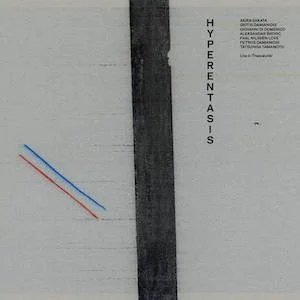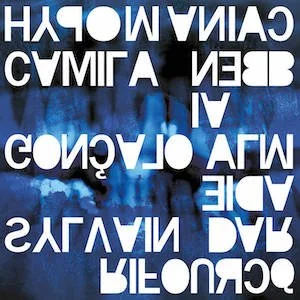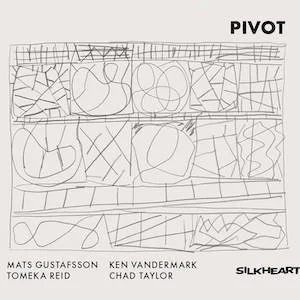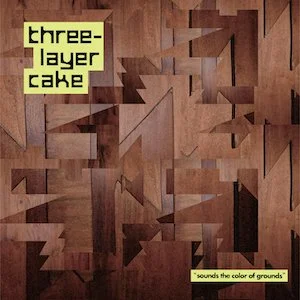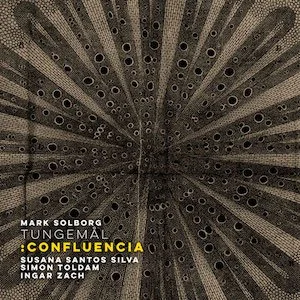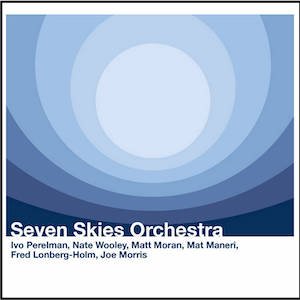Label: Defkaz Records, 2025
Personnel - Akira Sakata: alto saxophone, clarinet, vocals, bells; Giovanni Di Domenico: piano; Giotis Damianidis: electric guitar; Petros Damianidis: double bass; Aleksandar Škorić: drums; Paal Nilssen-Love: drums; Tatsuhisa Yamamoto: drums.
This double album pairs the unnerving Hiroshima-born free jazz saxist Akira Sakata—doubling here on clarinet—with two different lineups. The first LP features the group Entasis, a quintet with piano, guitar, bass, and drums; the second LP, marking Sakata’s 80th birthday, keeps the Damianidis brothers (on guitar and bass) and brings in two muscular drummers—Norwegian Paal Nilssen-Love and Japanese Tatsuhisa Yamamoto—for another forceful quintet. Both live sessions honor Sakata’s longstanding connection to Thessaloniki, where the performances were recorded.
The title of the opening track, “Collision Path”, says much about the music. It begins with regular ebbs and flows shaped by intermittent guitar colorations, insistent low piano notes, and enigmatic saxophone tones. Aleksandar Škorić’s drumming intensifies as the piece unfolds, and Petros Damianidis’ resilient bass eventually cuts through with full vitality. Controlled chaos quickly settles in, and the quintet thrives on the rising fervor. “Atsumori No Saigo / Kaigara-Bushi” resembles a poignant Japanese lament, narrated by Sakata’s raucous voice and delivered with a theatrical weight. Fatalistic agony and concentrated rage ooze through the track, with Sakata later firing off clarinet zigzags over cascading piano, understated guitar, and a loose but persistent bass-and-drums current.
“Learning Hydra” rests on a dreamlike piano motif, with subtle electronics murmuring beneath. The rumination, initially directionless, gains focus once Sakata’s agile clarinet takes flight over piano staccatos and wavy textures anchored by gruff arco bass. Violent sonic spirals emerge, propelled by Italian pianist Giovanni Di Domenico’s bombastic clusters and dense rhythmic tangles. The first LP ends with “Symposium”, a shocking, explosive outburst that peaks with tremendous force.
The second LP unfolds across three tracks. “Part I”, marked by cymbal eruptions, opens space for Giotis Damianidis’ acerbic guitar chords and chromatic jabs—his noise-rock incursions take center stage while the two drummers stay ferociously engaged without overshadowing. “Part II” eases the intensity a bit and offers a few more distinct motifs, while “Part III” evolves into a funky, dance-like drive, culminating in a spunky, staccato-fueled finale.
For free jazz devotees only, Hyperentasis neither disappoints nor transcends. It’s a tough listen—due largely to its sheer duration (I strongly recommend not taking both LPs in a single sitting), its relentless, eloquent agility, and its near-total disregard for melodic grounding.
Favorite Tracks:
01 (LP1) - Collision Path ► 04 (LP1) - Symposium ► 03 - Part III (LP2)

